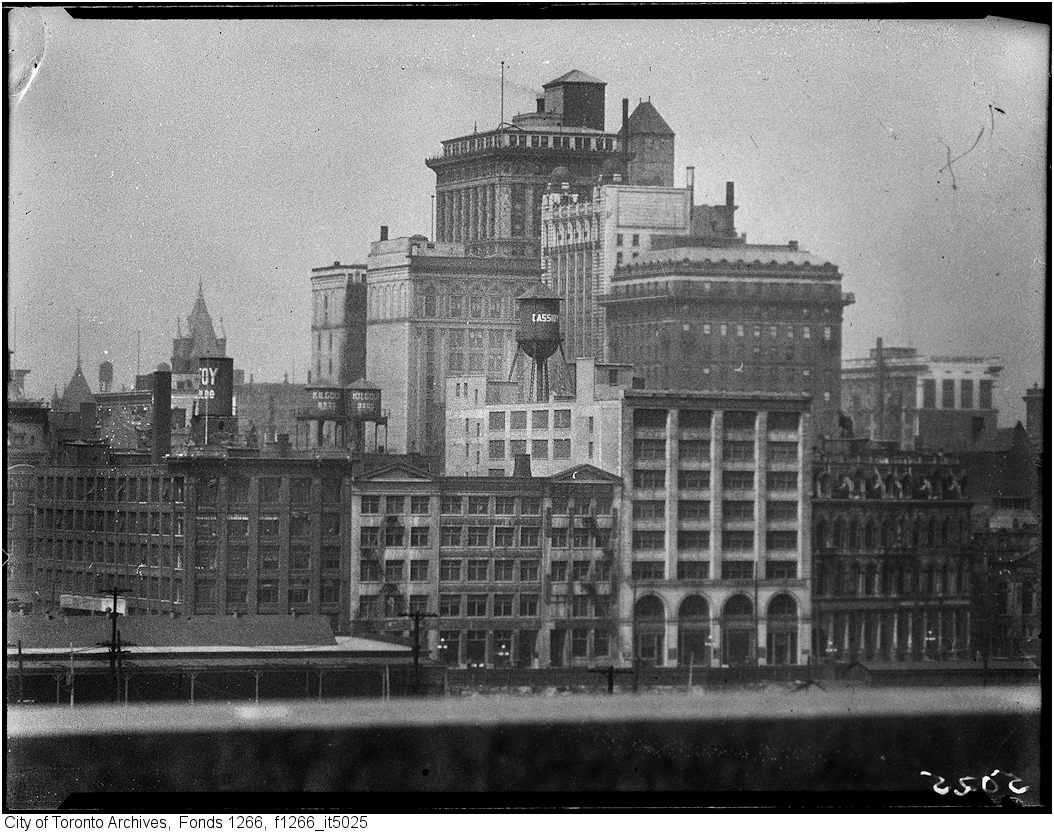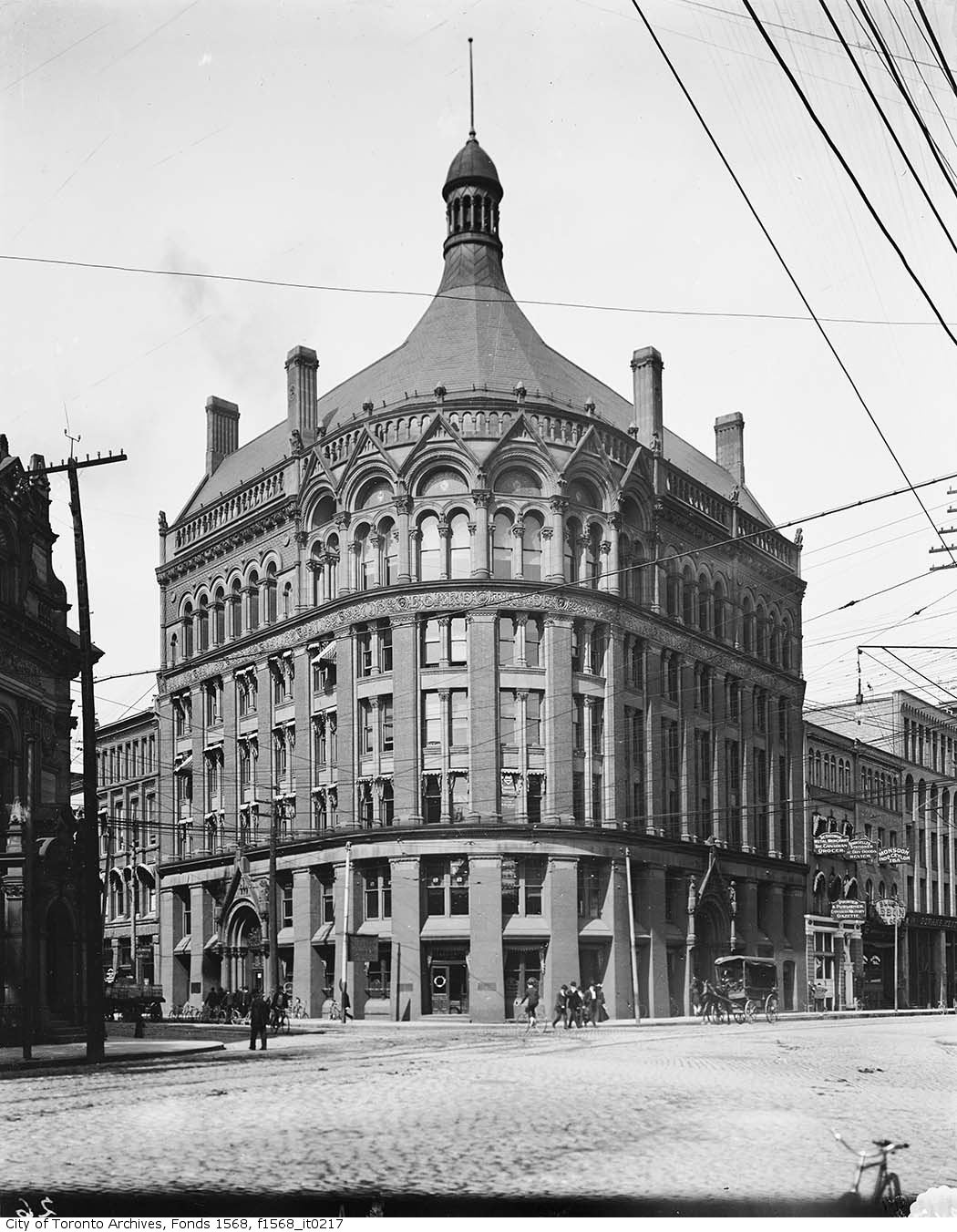On June 13 the Board held its Annual Lunch. As we celebrate the Board's achievements of the past year, we are also highlighting our history of influence while remaining focused on tomorrow’s success.

As the city and region grow, housing our workers, residents and newcomers has and continues to be a vital issue to our region’s prosperity. An affordable housing market is essential to a thriving economy – helping attract talent and maintain vibrant communities. By advancing the issue of affordable neighbourhoods in the Toronto region, the Board is helping protect businesses from additional costs to retain workers and working to keep our region’s communities vibrant.
Today, this key issue has reached crisis levels. As our President and CEO Giles Gherson said last fall, “we are grappling with a rapidly growing population and nowhere near enough homes.”
This statement reflects an age-old challenge to tackle, as local and global conditions changed over the decades. For housing it’s déjà vu, all over again.
In 1919 after World War One, the Board supported Toronto’s Housing Commission as it worked to build needed homes for thousands of returning soldiers. Similarly, during World War Two, while a member of the city’s Advisory Committee on Housing, the Board worked to ensure there was a growing supply of new homes to support both an influx of workers for the city’s factories and the needs of soldiers during and after the war.
In the summer of 1988, a letter to the editor of the Board’s Business Journal said this about that decade’s ongoing housing crisis – which included interest rates bouncing up and down the mid- teens, “Toronto’s economic success is an important factor in the present housing shortage… people are being forced to go deeper and deeper into debt to find suitable shelter for themselves in Toronto.”

36 years later, the troubling conditions are back, and the Board is working again to find solutions.
In a recent op-ed the Board’s President & CEO Giles Gherson warned, “Now, our once world-renowned livability is hanging in the balance, as demonstrated by our regional housing crisis. Homes are unaffordable and unattainable. As a result, our talented workforce is leaving the city in droves for greener — and more affordable — pastures.”
The Board looks forward to once again working with all levels of government to find solutions. Our sold-out June 13 Annual Lunch: Mayor Olivia Chow on Building Tomorrow provided another moment of opportunity in this relentless battle.
Having the Mayor attend to address the membership is consistent with the Board’s history. Our voice and our positions, as developed by our membership, committees and leaders is a sought after and respected part of the decision-making process.
In the 1987/88 fiscal year for example, the Board’s 19 policy committees produced 60 briefs which were presented to all levels of government. The Board’s committee system remains today, though certainly taking greater advantage of modern communications tools to draw attention to key issues and recommended solutions.
The Board’s legacy of influence is deeply woven into the fabric of the city’s social and economic landscape. By championing key issues such as economic prosperity, human opportunity, diversity, and effective governance, the Board has played a pivotal role in shaping Toronto into a dynamic and inclusive region. As the Toronto region continues to evolve, the Board remains a steadfast advocate for policies and initiatives that support the well-being and prosperity of all its residents.



